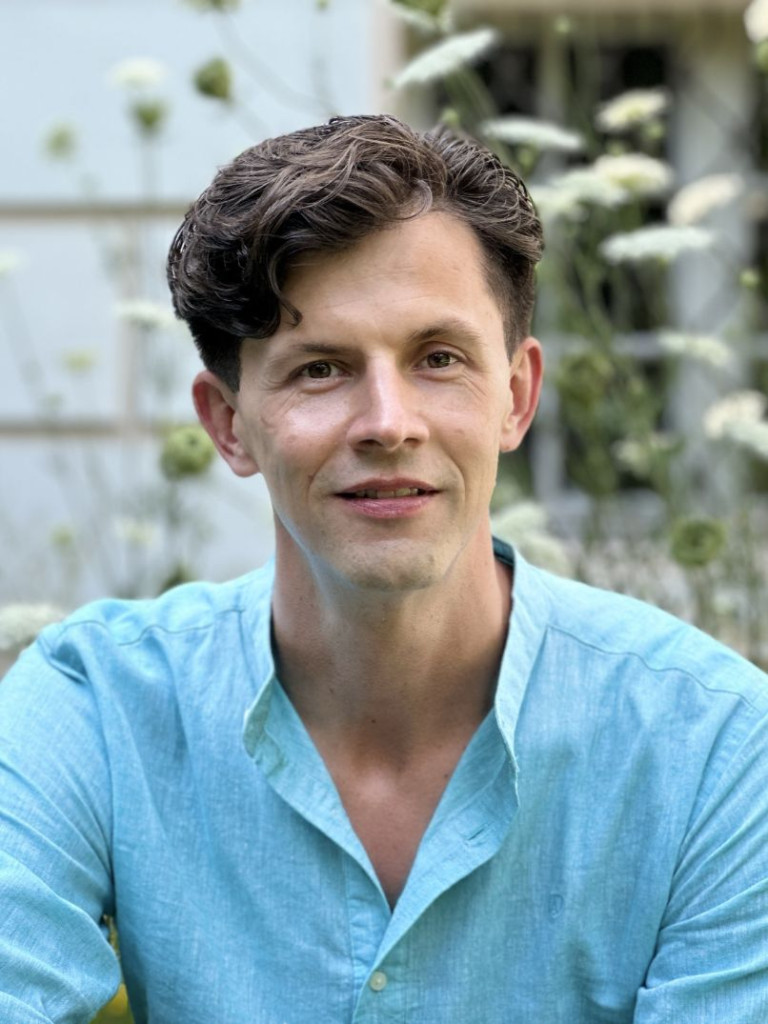Rafael Prieto-Curiel | Falling Walls Science Breakthrough: Social Sciences and Humanities
Unveiling Cartel Dynamics
Rafael Prieto-Curiel is the 2024 Science Breakthrough of the Year winner in the Social Sciences & Humanities category. The faculty member at the Complexity Science Hub in Vienna is recognized for his groundbreaking work on drug cartel dynamics in Latin America. His cutting-edge research on cartel dynamics in Latin America uses quantitative models and data analysis to provide valuable insights into recruitment strategies and cartel behaviour. His work demonstrates that recruitment, not arrests, is key to cartel survival.
Cartels – Mexico’s Fifth Largest Employer
Prieto-Curiel’s research employs complex mathematical models to understand cartel behaviour. One of his central findings is that recruitment is the key to cartel power—not the imprisonment of members. His models reveal that cartels continue to grow despite significant losses from arrests and violence because they can keep recruiting new members. Prieto-Curiel estimates that cartels in Mexico now employ around 175,000 people, making them the fifth-largest employer in the country.
Using a system of so called coupled differential equations, Prieto-Curiel analysed the dynamics between recruitment, incarceration, and violence. His results suggest that doubling the number of arrests does not lead to a proportional reduction in violence. Instead, targeting cartel recruitment would likely reduce their size and associated violence far more effectively.
Preventing Recruitment Is More Promising Than Law Enforcement
Prieto-Curiel’s research has gained significant attention from policymakers, including former Mexican President Andrés Manuel López Obrador, who served until the fall of 2024. It shows that focusing more on social programs may be a more effective way to curb cartel recruitment than law enforcement alone. Moreover, his work provides a model that can be applied to combat other forms of organized crime, such as extremist groups in Africa.
Prieto-Curiel used publicly available data on homicides, disappearances, and arrests in Mexico over a ten-year period. With this data, he modelled the interactions between rival cartels to uncover their internal dynamics. His quantitative analysis offers fresh insights into cartel behaviour and growth patterns.
Career Beginnings in Mexico City’s Police Department
Prieto-Curiel began his career in Mexico after earning a degree in Applied Mathematics and worked for five years with the Mexico City Police Department, where he developed crime forecasting models. After his time at University College London, he completed a postdoctoral position at the University of Oxford. Today, he leads research groups on migration and crime at the Complexity Science Hub in Vienna. He also consults for major international organizations such as the OECD and the World Bank on issues related to crime and violence.
By combining mathematical research with political relevance, Prieto-Curiel offers new approaches to combating organized crime. His focus on recruitment and socio-economic factors may significantly influence security policies in Latin America and around the world.
Click here for more information about Rafael Prieto-Curiel's event at Falling Walls Science Summit 2024.
